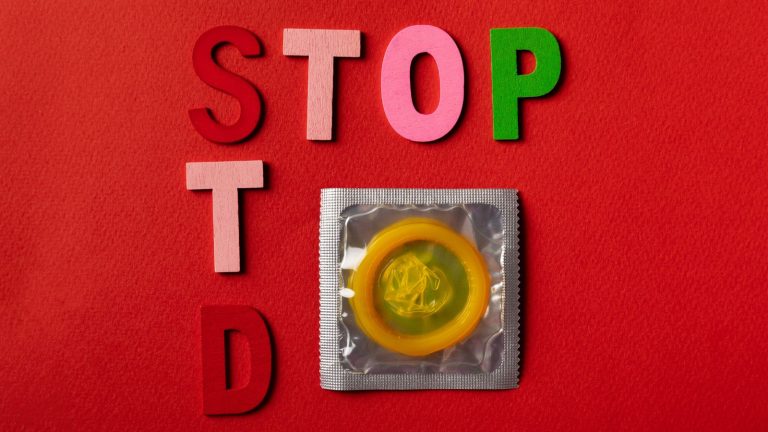Emphasizing Sexual Health: Education and Best Practices
September 4, 2024

On September 4th, we celebrate Sexual Health Day, a crucial reminder of the importance of emphasizing sexual health. This day promotes awareness and education around sexual well-being, encouraging individuals to prioritize their sexual health through informed choices and safe practices.
Sexual health encompasses more than just the absence of disease; it includes physical, emotional, mental, and social well-being.
Understanding Sexual Health
Sexual health education plays a vital role in overall well-being. Comprehensive sexual health education equips individuals with knowledge about their bodies, relationships, consent, and safe sex practices. By understanding these elements, people can make informed decisions, leading to healthier and more fulfilling sexual lives.
Importance of Comprehensive Education
Comprehensive sexual health education covers a broad spectrum of topics. It includes information on contraception, sexually transmitted infections (STIs), consent, and healthy relationships. This holistic approach helps dismantle myths and stigma surrounding sex and sexuality, fostering a culture of openness and respect.
Best Practices for Sexual Health
To maintain optimal sexual health, individuals should follow best practices that promote safety and well-being. Regular STI testing, using protection during sexual activities, and having open communication with partners are essential steps. These practices protect physical health and contribute to emotional and relational well-being.
Regular STI Testing
Regular testing for sexually transmitted infections is a cornerstone of sexual health. Many STIs are asymptomatic, making it crucial to get tested regularly, even in the absence of symptoms. Early detection ensures timely treatment and reduces the risk of complications and transmission.
Safe Sex Practices
Using protection during sexual activities significantly reduces the risk of STIs and unplanned pregnancies. Condoms, dental dams, and other barrier methods provide effective protection. Educating individuals on proper usage is vital to maximizing their effectiveness.
Communication with Partners
Open and honest communication with sexual partners is fundamental for healthy relationships. Discussing boundaries, preferences, and STI statuses builds trust and ensures all parties are on the same page. This dialogue is essential for consent and mutual respect.
The Role of Consent in Sexual Health
Consent is a critical component of sexual health. It involves clear, enthusiastic, and continuous agreement to engage in sexual activities. Educating individuals about consent helps prevent sexual coercion and assault, fostering safer and more respectful interactions.
Teaching Consent
Effective consent education starts at an early age and continues throughout life. Schools, parents, and community organizations play vital roles in teaching consent. Emphasizing the importance of respect and boundaries creates a foundation for healthy relationships.
Respecting Boundaries
Respecting boundaries is an integral part of consensual relationships. Everyone has the right to set and communicate their limits. Understanding and honoring these boundaries ensures that all sexual activities are consensual and enjoyable for all parties involved.

Emphasizing Sexual Health Beyond the Basics
Sexual health extends beyond basic education and practices. It includes emotional and mental well-being, encompassing aspects such as body positivity, self-esteem, and the impact of societal norms on sexuality. Addressing these factors creates a more inclusive and supportive environment for all individuals.
Body Positivity and Self-Esteem
Promoting body positivity and self-esteem is essential for sexual health. Society often imposes unrealistic standards of beauty, leading to body image issues and low self-esteem. Encouraging acceptance and appreciation of diverse body types fosters a healthier relationship with oneself and others.
Challenging Societal Norms
Challenging harmful societal norms around sexuality is crucial for creating a more inclusive society. Breaking down stereotypes and stigmas allows individuals to express their sexuality freely and without judgment. This shift promotes acceptance and reduces discrimination based on sexual orientation, gender identity, and sexual preferences.
Emphasizing sexual health through education and best practices is vital for overall well-being. On Sexual Health Day, we are reminded of the importance of informed choices, safe practices, and open communication. By prioritizing sexual health, individuals can enjoy healthier, more fulfilling lives.
- Tips for a Straight Couple in a Threesome with a TS - August 20, 2025
- What Every Client Should Know Before Booking - February 13, 2025
- New Year, New Fantasies: Planning Intimate Goals for the Coming Year 2025 - December 31, 2024

